Reputable exporters and importers trade various varieties of ceramic tiles, including those for stairways, kitchens, bathrooms, and other rooms, all over the globe. The Gujarati city of Morbi has a large number of exporters.
Most homes now commonly feature ceramic tiles. They have a huge impact on interior design. They are used in bathrooms, walls, and floors and look stunning. They are a sign of luxury. Ceramic tiles come in a variety of hues, dimensions, and forms.
Around 112 countries and territories actively import ceramic tiles from India, according to data from the exporting analysis. An average of 15% per year has been seen in the growth of the Indian tile industry. India exports ceramic tiles for a total of 48.86 million dollars.
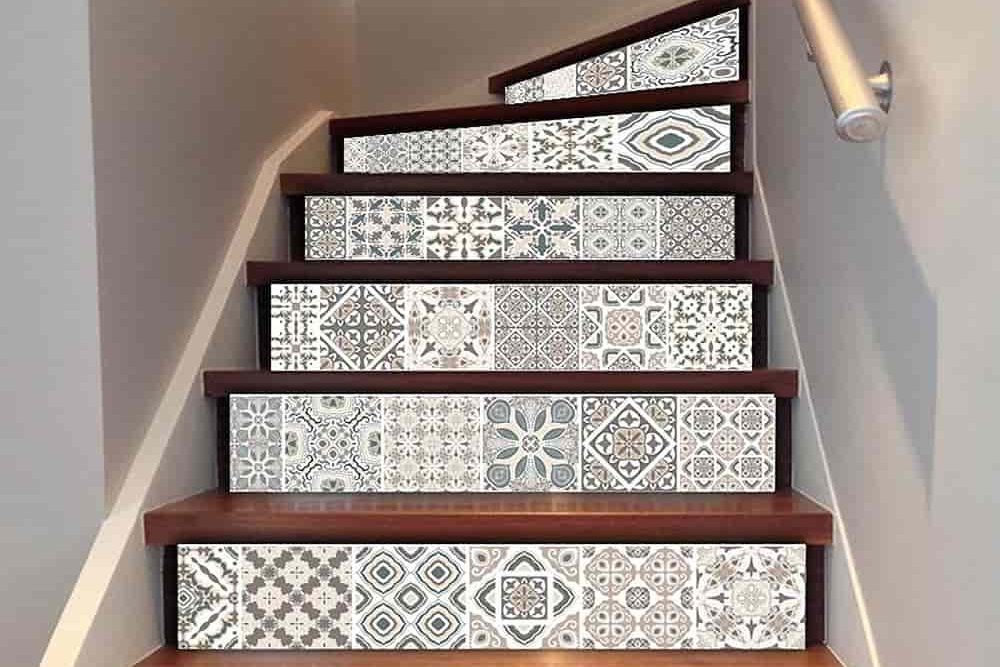
According to the data gathered, only Morbi from Gujarat produces the most Indian ceramic tile output. There are just two other countries that produce as many tiles as India does. Success in the tile sector has led to an annual increase in exports for the country.
Because of its very rapid expansion in recent years, India has become a highly valued market for tile importers from all over the globe. You may import tiles from significant businesses that are among the greatest tile-selling businesses worldwide and get a decent deal.
Indian producers outbid Chinese exporters on the price of high-quality ceramic. A wider range of products are offered, and additional markets are looked for. Different importers and businesspeople buy ceramic tiles from India at very low prices and resell them in their own countries for a greater price when the demand for ceramic tiles rises. Bulk purchasers always look for the most efficient way to import these tiles from India.
Even though the Indian tile market has been booming for more than 20 years, some importers are still unsure of how to bring in these tiles from India. Let’s look at some practical advice and crucial actions to follow while importing tiles from India.

- Indian-made tile varieties
Being the largest tile exporter, India produces a variety of tile varieties with varying market prices and needs. India’s largest tile manufacturers produce the following kinds of tiles:
- Ceramic tiles
- Digital ceramic wall tile
- Common ceramic tile
Ceramic tiles for floors
- Ceramic and vitrified tiles
- Salt-soluble nano tile
- Glossy tiles
- Whole-body tile
- Pavement paving
- Tile step risers
Tile Parking
- Wood-like tiles
- Tile with double charge
These were some of the most common tiles produced in India, and they helped the country’s tile market expand at a rapid rate. Any importer who wishes to import these tiles to other nations must first identify the best tiles that are in high demand in the countries where he is importing the tiles and locate the best manufacturer/merchant exporter of those highest-demanding tiles.
- How do I choose the right exporter or manufacturer?
Always keep in mind that many people in the ceramics sector still don’t comprehend costs, and many of the founders didn’t have formal education before starting the business by selling their property.
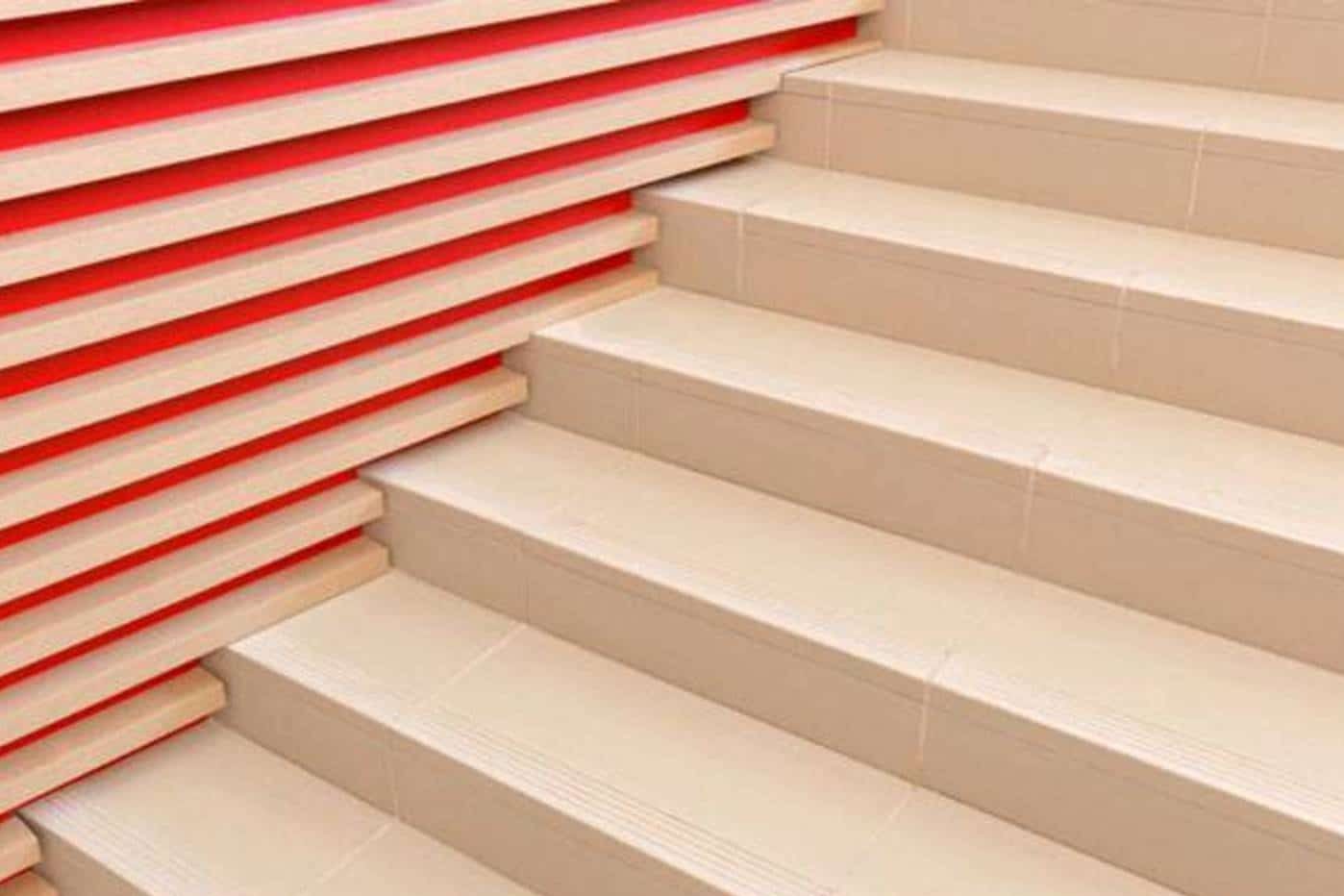
Because they don’t yet comprehend costing and business, many merchant exporters who source from these firms wish to sell their sector. However, keep in mind that not every merchant would be advantageous; only those that have stock that has been pre-purchased and maintained in the yard could provide you the best prices; otherwise, a reliable manufacturer would be the better alternative to source the items.
Request business Know Your Customers (KYC) documentation such as the IEC Code, RCMC, ISO, and CE; previous shipping documents such as the Bill of Lading, etc. You may get documents authenticated by an embassy, and you can use a credit report from DNB Dun & Bradstreet to verify the legitimacy of a provider.
These credit reports from https://www.dnb.com/ may also be used to determine if a business is manufacturing or trading.
Find an experienced tile manufacturer who has been exporting tiles to every country in the globe for ten or more years by searching for a video call.
Never forget that quality should always come before quantity. Given his lengthy history in the industry, experience is crucial in ensuring that your manufacturer does business lawfully and ethically.
The Porcelain Enamel Institute (PEI) has categorized porcelain tiles using their ratings. These scores range from 0 to 5. The purchaser may use these ratings to determine which tiles are appropriate for locations with minimal traffic or pressure, such as restrooms, and which tiles are appropriate for regions with heavy pressure, such as parking lots.
- Group 0 or PEI 0: PEI 0 tiles lack a rigid profile and have a poor toughness. They are not advised to be used in places with low to high foot traffic since they cannot sustain the pressure. These kinds of tiles should only be used on walls, not floors.
- Group 1 or PEI 1:
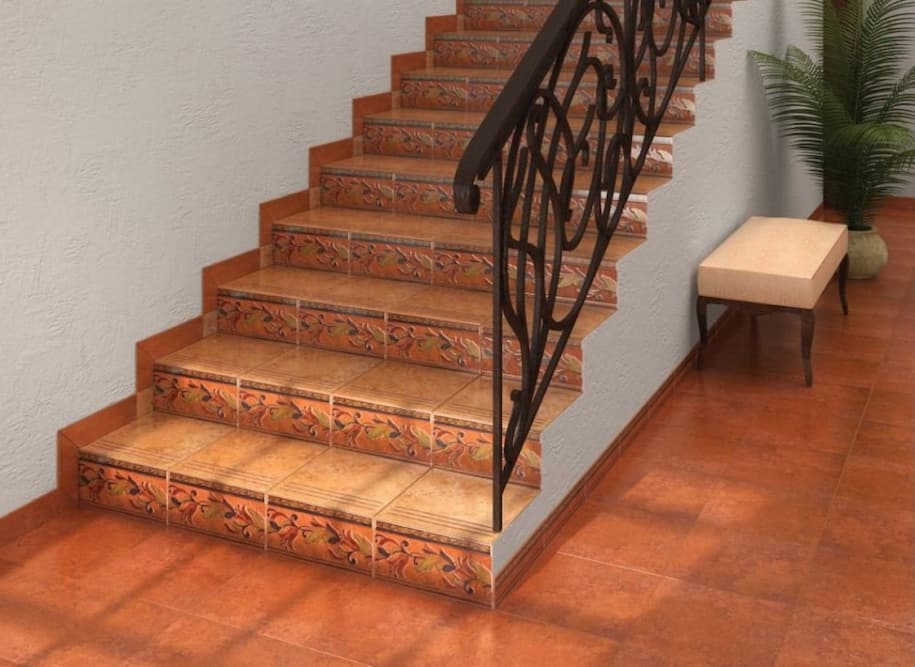
Group PEI 1 slabs are resistant to light foot usage. This qualifies them for bright, low-traffic areas like restrooms.
- Group 2 or PEI 2:
Group PEI 2 tiles work well in tiny foot spaces where people often wear slippers or sandals with supple soles. They can tolerate the stress of busy streets. They are inappropriate for heavy traffic areas like kitchens, stairwells, and corridors.
- Group 3 or PEI 3:
Group PEI 3 tiles may support updated surfaces in homes and small businesses, including workstations, interior walls, and floors of bathrooms.
- Group 4 or PEI 4: Areas and places with moderate usage may be supported by the tiles in group PEI 4. Kitchens, dining rooms, lodging facilities, hospital lobbies, and corridors are accessible to both residential and commercial locations. Both small and big constructions take into account this component.
- Group 5 or PEI 5:
Group PEI 5 slabs can handle regions with moderate to high traffic, such as parking lots, patios, and places that are prone to dents and wetness, including malls and buildings that enter the street. With these hardy slabs, you may line sites, public buildings, and swimming pools.
Verify the manufacturer’s ability to produce high-quality tiles on schedule and that he is charging a fair price for shipping the tiles. Making sure that the manufacturer or supplier is supplying all the necessary paperwork for the import and transportation of the tiles is also crucial.
In certain cases, manufacturers utilize extremely low-quality materials to make such tiles, making them very likely to shatter during shipping or delivery. Therefore, you should inquire about the materials the manufacturer used while manufacturing those tiles.
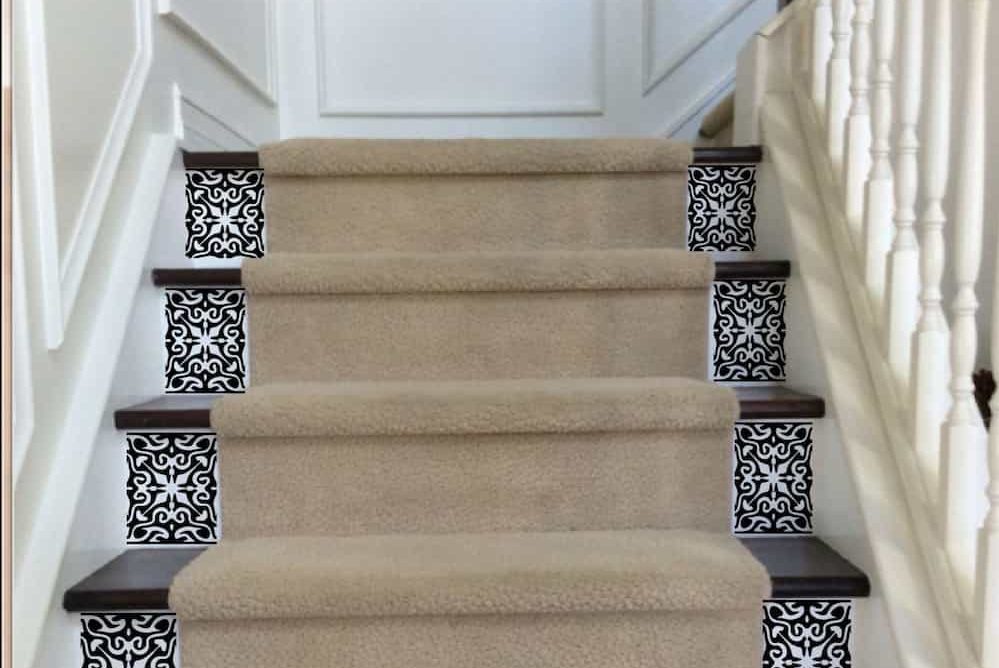
- Tiles Promise:
Ask any firm or supplier whether they are offering a tile warranty before making a purchase. A perfect buy and sales agreement can exist between the exporter and the importer.
Tile guarantee does not, however, imply that the tiles must be indestructible; rather, it indicates that they must be stain-resistant, have consistent color, be free of cracks, and be durable. It is also vital to make sure that the tiles are slip-resistant since certain low-quality tiles are very slippery and anybody may easily fall or slide on them, which causes some people to be terrified of tiles.
- Shipping Promise:
For any buyer or importer, importing tiles for the first time or planning to do so may be a challenging undertaking.
You can have many inquiries regarding shipping insurance, packaging, the method of transportation, costs, and other issues. The process of shipping tiles is far more challenging than buying them. Importing such delicate items as tiles calls for a lot of skills and expertise.
Finding a reputable shipper that can provide shipping insurance is crucial when importing tiles into your nation. Purchase goods under CIF incoterms to have your supplier purchase insurance on your behalf. Request that they purchase ICC Cover A, which covers all risks.
- Where Can I Find/Buy Best Quality Tiles?
Before buying any kind of tile, whether it is affordable, unique, or luxurious, it is essential to ensure that the tile supplier or exporter satisfies the quality criteria.
As we previously stated, several fundamental features are included in a quality tile. Among other traits and characteristics of the particular sort, tiles that are water-resistant, slip-resistant, durable, long-lasting, and appealing should be acquired.
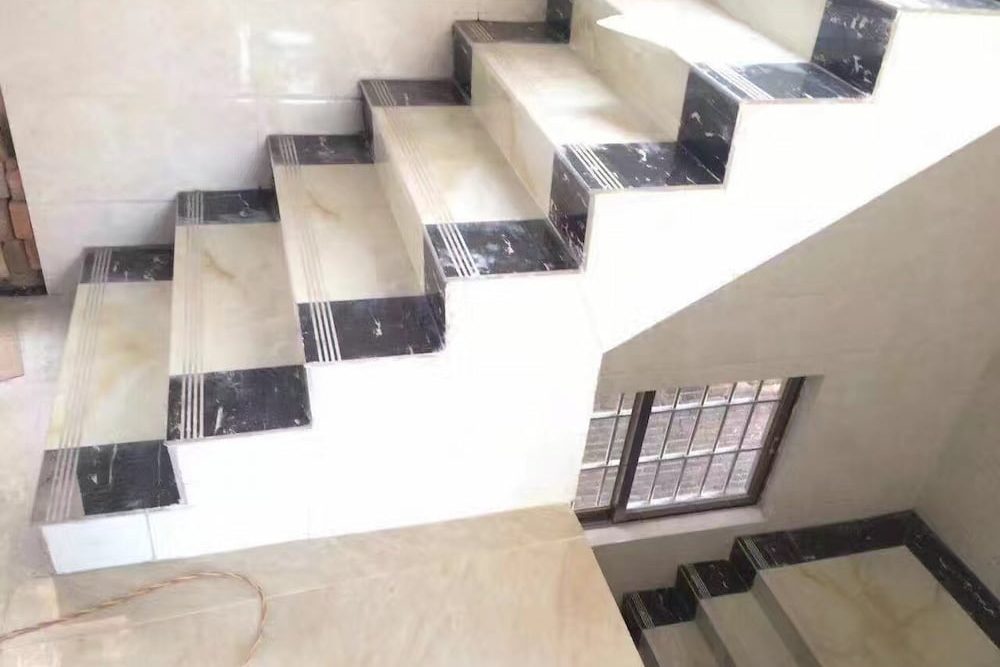
While conducting physical tests of tiles while abroad or far from an exporter’s manufacturing facility is difficult, you can get recordings or videos of these tests from customers, test products via video chat or video meeting, and conduct tests so you can buy and import the best and highest-quality tiles while still in your own country.
In order to buy tiles, you need to submit a purchase order and ask the vendor for documents such a bill of lading, packing list, certificate of origin, certificate of inspection from SGS, insurance certificate from the International Chamber of Commerce (ICC), etc.The inspection report of SGS Lab is well-known across the globe and may be helpful.
More than 500 tile manufacturers have production facilities in Morbi, which spans an area of??
50 kilometers * 8 km. An estimated 3 million square meters of tiles can be produced daily using the existing manufacturing capacity. In India, units directly or indirectly employ around 8,000,000 people.
Wall tiles, floor tiles, bathroom tiles, kitchen tiles, and digital outdoor parking tiles in Morbi, India, are all inventive and imaginative.
Among the many tile categories, ceramic tiles dominated the rankings of India’s top exporters. A large number of tile exporters and manufacturers are available nowadays, and they provide a variety of coating choices, including digital enamel, ceramics, porcelain, double glazing, full enamel, 3D tiles, wood tiles, and other comparable tiles. There are other subtle options for lasting tiles, including ceramics, porcelain, marble, and even imitations of actual stone.
Every one of them offers a wide range of possibilities, including textured, glossy, matte, and other color palettes. In actuality, choosing the best mosaic within your price range might be challenging.
Additionally, porcelain or vitrified tiles created in India are highly sought after internationally. A more streamlined version of ceramic tile, porcelain tile is formed of finer, denser clay and burned at a constant high temperature to remove any remaining water.
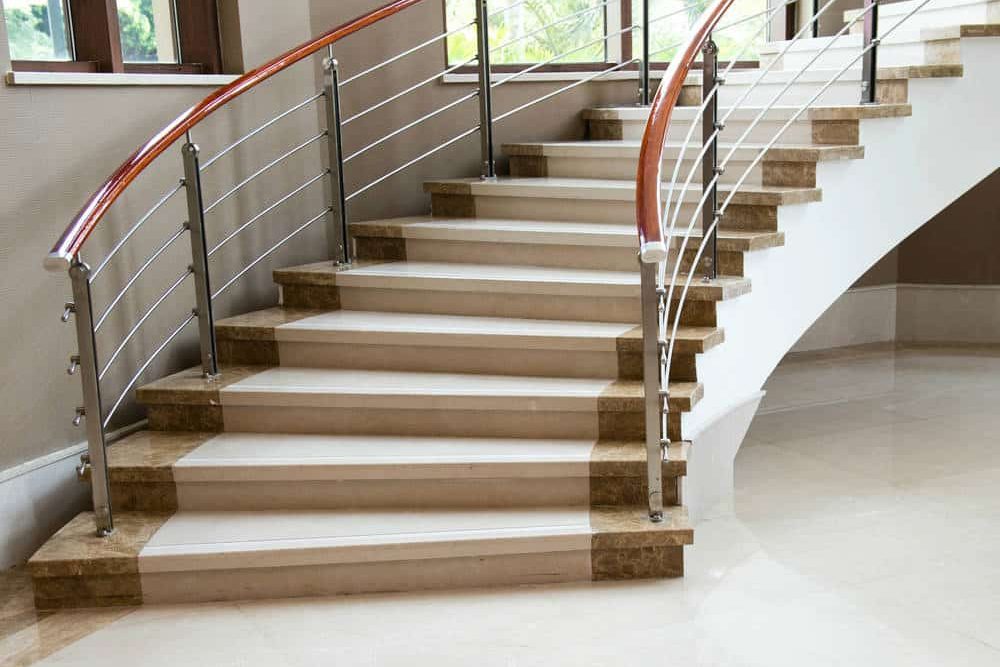
They are then produced utilizing a distinctive and specialized printing method. They are afterward sliced into unique configurations, much like mosaics. Vitrified tiles become sturdy, long-lasting, and water-resistant thanks to this technique.
Vitrified or porcelain tiles have a lot to offer, from their beautiful selection of finishes that include matte, shiny, smooth, or marbled porcelain to shiny, matte, or marbled porcelain; colors that range from white to colored porcelain stoneware; designs that include wood grain, ceramic, marble-look, porcelain mosaic, hardwood, granite, and more; and shapes like hexagonal porcelain tiles.
Today, a sizable number of importers acquire a variety of floor tile segments using certain designs. These include step riser tiles, pavement tiles, digital ceramic tiles, full-body porcelain, digital glazed porcelain, soluble salt nano, and double charge porcelain.
- How is the import duty checked?
Visit https://macmap.org/ to determine the import taxes that apply in your nation.
- Terms of Payment?
Payment conditions maybe 30% Advance Against Proforma Invoice and 70% Before Loading. In this case, you may request RFS BL, which is a Bill of Lading supplied by a reputable shipping line as proof that the items are in their safe hands and will be sent.
To be further secure, you might get a letter of credit that is 100% irreversible.
- Forms for Customs Clearance for Imports?
The import procedure starts after the prerequisites and conditions have been satisfied. Import shipping occurs once the mutual agreement between the buyer and seller is complete and properly recorded.
The order form contains the agreed-upon price, quality requirements, payment arrangements, delivery periods, method of transportation, and other basic terms and conditions. This has had an impact on the import cargo of ceramic goods.
As you are aware, in accordance with the international trade policies of each importing country, the exporter or the exporter’s customs broker must complete the relevant import documentation and customs clearing processes in importing nations in connection with any import of products.
Today, the relevant data is preserved online and generates the documentation needed for the import of the products to be controlled, assessed, or sent to the destination customs office.
The nations’ foreign trading partners share quality standards and are immune from numerous import and export inspections of the same goods. The most developed nations’ policies, however, require that before exporting, products from least developed countries (LDCs) must first be verified by authorized agencies. Therefore, information about any imports of ceramic goods may be received from the relevant government bodies in the importing nations.
Before importing tile or while preparing to import tile for the first time, the tile importer may have a number of queries and worries about the shipping package guarantee, packaging recommendations, modes of transportation, prices, etc.
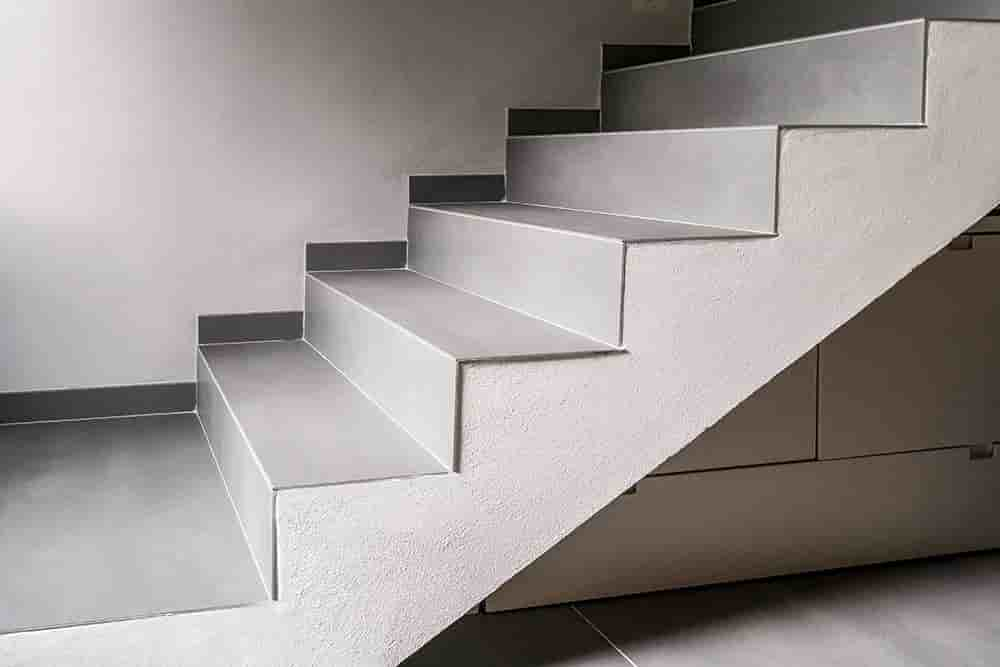
To facilitate the transit procedure while importing tiles from India, find several clearing and forwarding agencies in your nation.
The best exporters of tiles would also be able to provide advice. For instance, if Saudi Arabia needs tiles, they will complete all SASO requirements and assist importers with the paperwork, procedures, and certification needed in your nation.
- How do I request the price?
The supplier will estimate USD per square meter since ceramic tile prices are expressed in square meters.
- Minimum Quantity of Orders?
The majority of companies have a MOQ of 1×20 FT containers, although merchant exporters may assist you if your needs are modest.
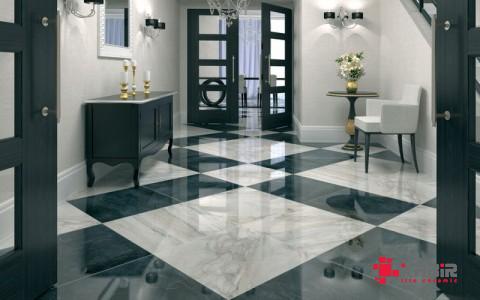
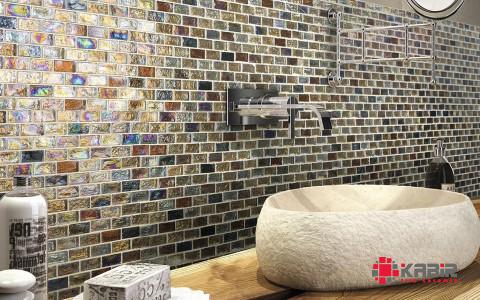
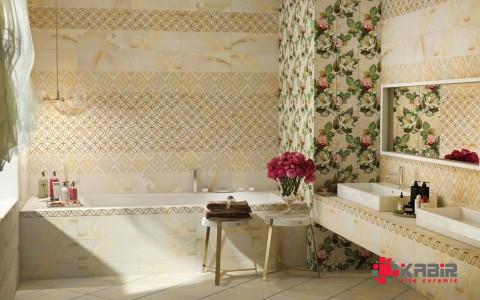
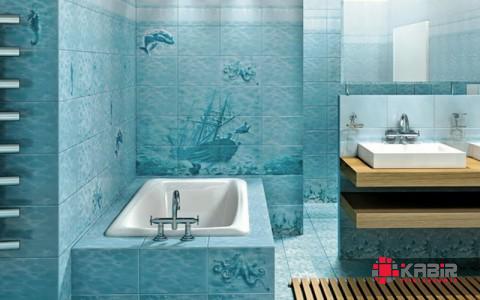
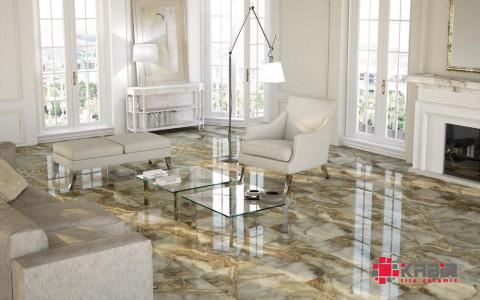
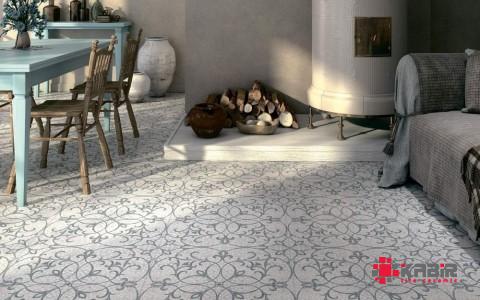


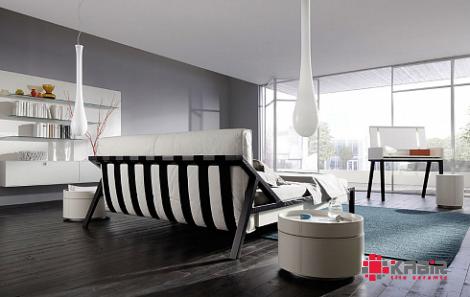
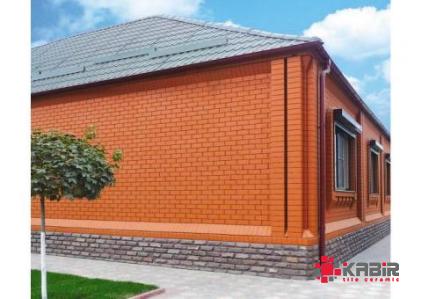
Your comment submitted.